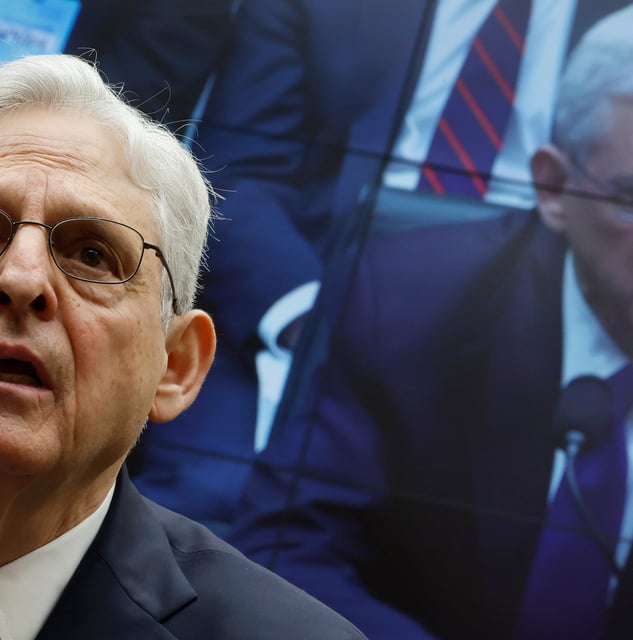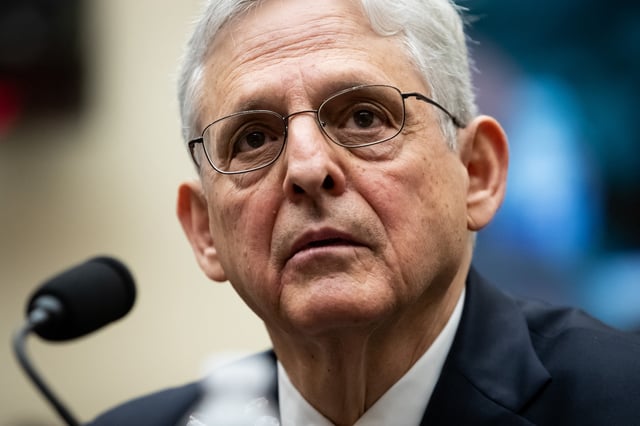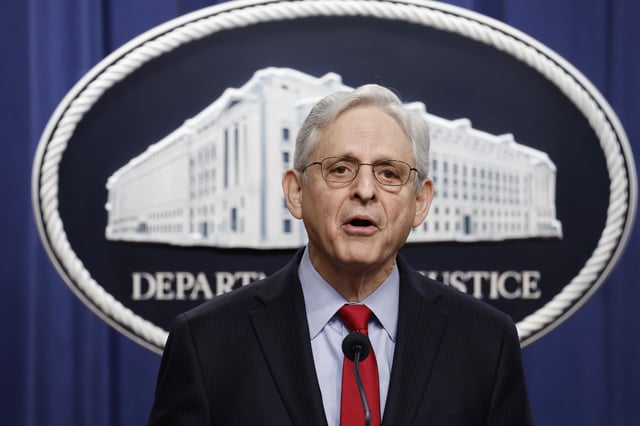Overview
- House Republicans consider subpoenaing New York Attorney General Letitia James after securing testimony from Manhattan DA Alvin Bragg.
- The House voted 216-207 to hold Attorney General Merrick Garland in contempt for not releasing audio recordings of President Biden's interview.
- Some Republicans leading the charge against Garland previously defied their own subpoenas from the January 6 committee.
- Garland criticized the contempt vote, warning it undermines the constitutional separation of powers and the integrity of DOJ investigations.
- The Justice Department maintains that releasing the audio would set a harmful precedent, despite providing a transcript of the interview.



